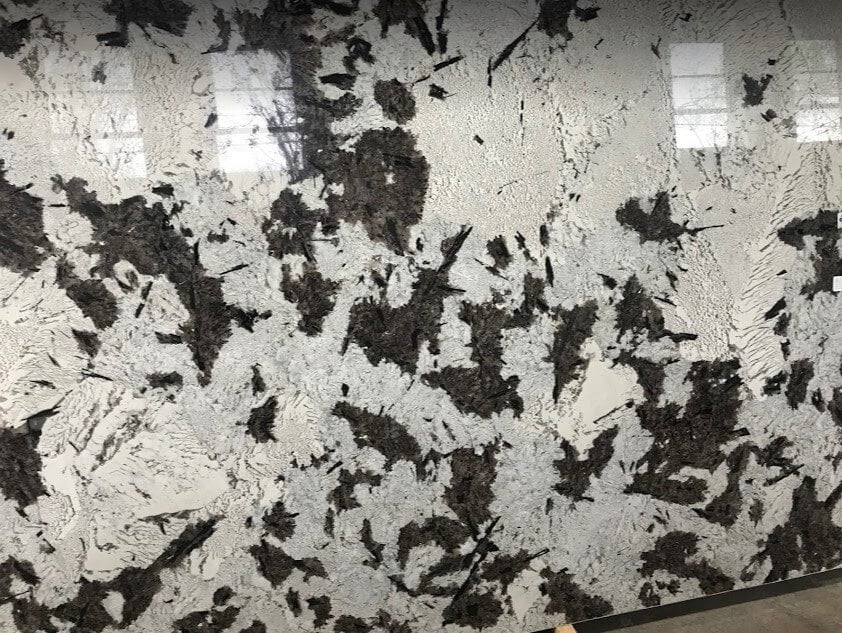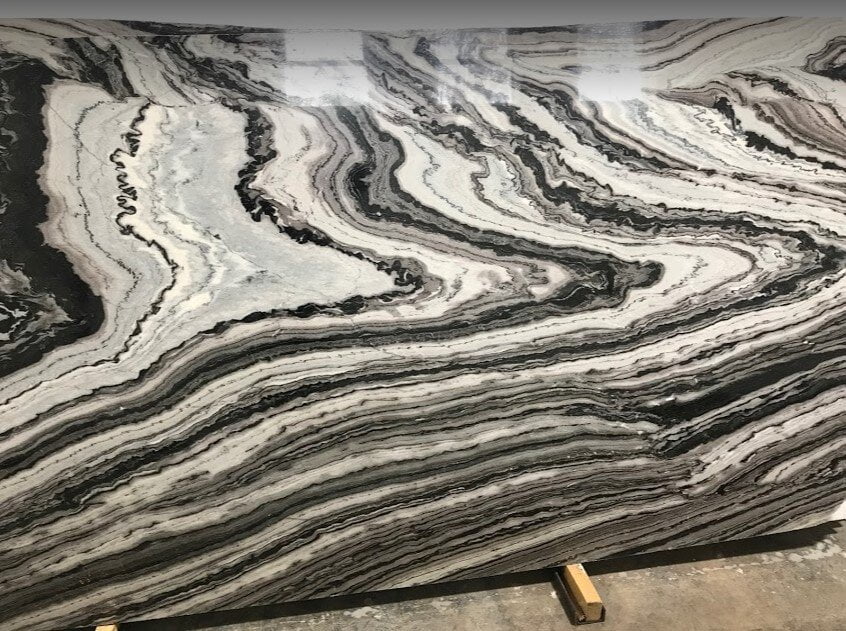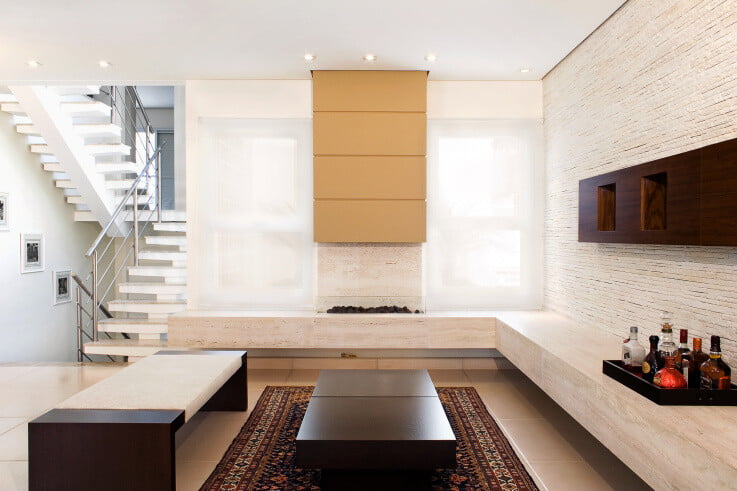COUNTERTOP MATERIALS: PROS AND CONS
One of the fundamental doubts that arise when looking for a kitchen countertop is which is the best material. There is no single answer because each material has its pros and cons. Therefore, it is you who has to decide which one best suits your needs and tastes. That is why in this post we are going to guide you on this question: the pros and cons of different materials for kitchen countertops.
What are the characteristics of a compact (Silestone, Compac, Guidoni) And a porcelain (Deckton, Neolith, Laminam, etc.? What are the advantages of granite?
Quartz compacts: two decades on the market.
Popularly known as silestone, although this name is from a brand, it was an innovation created by manufacturers and marble processors from Italy that was later developed in a very important way in Spain. It consists of a compact of quartz powder and resins. Its formats are in 305 × 140 cm tables. and it comes in different thicknesses: 2; 3 and 1.2 cm. , which allows making large pieces for kitchen and bathroom countertops. The standard finish is glossy like the one shown in the photo, however there is also a matte finish mode.

It is a material that allows great versatility when decorating the kitchen, since there are a lot of variety of colors. Imitations of marble are in great demand. Marble is a very porous natural stone and therefore does not work well for kitchen countertops as it can easily absolve stains. Hence, this option can be a decorative substitute for marble, perfect for kitchen countertops.
This material is a compact that contains resins that change color under heat and can favor the appearance of stains. Avoid putting hot pots directly on the counter. You can solve it with a trivet that avoids that direct heat on the countertop.
After the quartz compacts came the porcelain … to stay
There are countless brands of porcelain. The best known are: Neolith, Deckton, Laminan, Sapienstone and Lapitec.
Like the compacts, it is also a material that offers great versatility and design formulas. It attends to trends in decoration: industrial-type materials, materials that imitate marble (calacatta, statuary), basic colors (white, black, brown, beige).
Among its advantages is the fact that it resists heat, and does not scratch, since it is like a ceramic. As a disadvantage: it is more expensive than other products, both due to the cost of the material and the fact that its preparation requires more resources for the stonemason.
It should also be taken into account that porcelain is very hard and resistant on the surface, but nevertheless it is fragile on the edges. Therefore, if the sinks have a lower insert, it is recommended that they be large (50 cm. At least wide) to avoid hitting them more easily. In any case, it is best to put a sink with an upper built-in, as it protects the edges much more.

The everlasting natural stone
Of the natural stones, granite is the one that has the best performance in terms of hardness, heat tolerance and impermeability to stains. Currently some brands in addition to making a selection of especially attractive and beautiful stones (NATURAMIA, SENSA) give a treatment in the manufacturing process that gives them total protection against oil stains. It is also common for the marble industry itself to apply oleophobic products when they install the countertops in granites that lack that special treatment.

Compact, porcelain, natural stone. Which one do you prefer? Tell us how it is or how you imagine your kitchen and at United Granite NJ we advise you to choose the best option and we install it so that it looks perfect. You can find us on the phone (908) 231-6677
Click for our other shop in King of Prussia

Yorumlar
Yorum Gönder